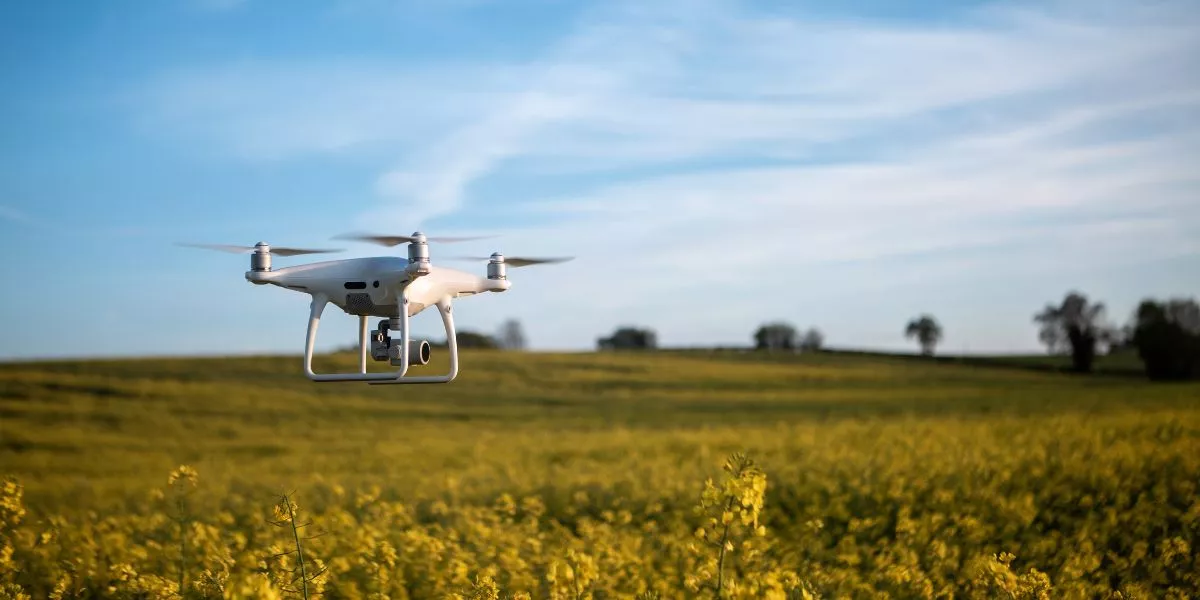If you’re considering flying a drone, you might wonder if you need a license. For recreational use, you generally don’t, as long as you follow FAA guidelines and local laws. However, things get complicated if you plan to use it for commercial purposes. Understanding the specifics can save you from hefty fines and legal troubles. So, what exactly are the rules you need to know to operate safely and legally?
Understanding Drone Regulations
When it comes to flying a drone, do you really know the regulations that apply? Understanding drone regulations is crucial for any pilot.
First, you need to be aware of the Federal Aviation Administration (FAA) guidelines, which dictate where and how you can fly. You can’t operate your drone in restricted airspace, near airports, or above certain altitudes without proper clearance. Additionally, flying over people or moving vehicles is generally prohibited.
You should also register your drone if it weighs more than 0.55 pounds. Familiarizing yourself with local laws is equally important, as they can vary widely.
Ignoring these regulations can lead to hefty fines or even legal consequences, so stay informed and fly responsibly.
When a License Is Required
If you plan to use your drone for commercial purposes, you’ll need to obtain a Remote Pilot Certificate from the FAA. This applies if you’re flying for business, whether it’s aerial photography, real estate, or inspections.
You must pass the FAA’s Aeronautical Knowledge Test and meet specific eligibility requirements.
Even if you’re not using your drone commercially, you might still need a license depending on your location. Some states have additional regulations that require permits or registration.
Always check local laws to ensure compliance.
If you’re flying for fun, just be aware of the rules regarding recreational use, which don’t necessitate a license.
However, knowing when a license is required can save you from potential legal troubles.
Consequences of Flying Without a License
Flying a drone without a license can lead to serious consequences, including hefty fines and potential legal action.
If you’re caught operating your drone illegally, you might face fines that can reach thousands of dollars, depending on the severity of the violation. Authorities can also seize your drone, leaving you without your equipment.
Additionally, you could be subject to criminal charges, which might result in a criminal record. Beyond legal repercussions, flying without a license can damage your reputation, especially if you’re in a professional field.
Insurance claims may also be denied if you fly illegally, leaving you financially responsible for any damages or injuries caused.
It’s crucial to understand the laws and operate within them to avoid these serious consequences.
Tips for Safe and Legal Drone Operation
Operating a drone legally and safely is key to avoiding the serious consequences of flying without a license. First, familiarize yourself with local laws and regulations governing drone use. Always register your drone with the FAA if it meets the weight requirements.
Before you fly, check the weather conditions and ensure you’re not flying near airports or restricted areas. Maintain a visual line of sight with your drone at all times, and avoid flying over crowds. Respect other people’s privacy and don’t capture images or videos without permission.
Additionally, consider taking a safety course or obtaining a remote pilot certificate for more knowledge. By following these tips, you’ll ensure a safer and more enjoyable flying experience while staying within the law.
Conclusion
In conclusion, flying a drone without a license is allowed for recreational use if you follow FAA guidelines and local laws. However, if you plan to use your drone for commercial purposes, you must obtain a Remote Pilot Certificate. Ignoring these regulations can lead to serious consequences. Always prioritize safety and legality when operating your drone, and stay informed about the rules to ensure a smooth flying experience. Happy flying!

